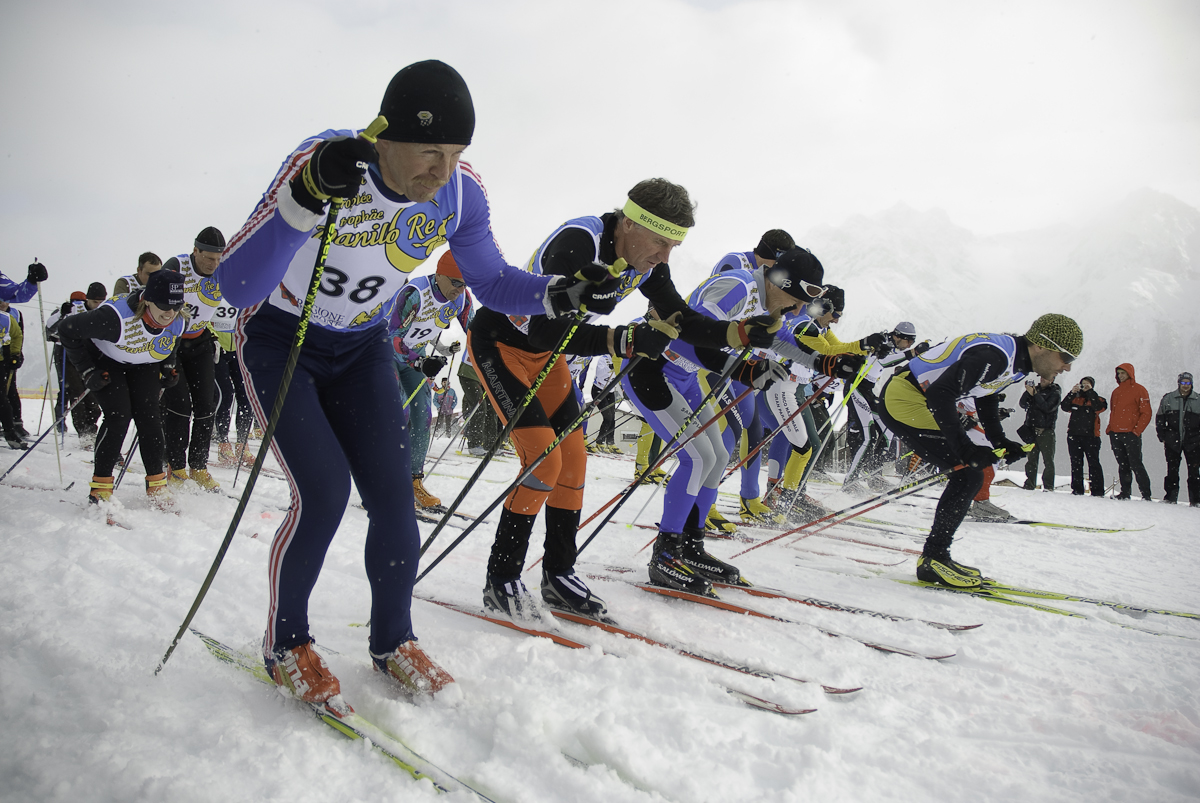The University of Ljubljana's Department of Geography organized training for future teachers on Mountain-oriented Education.
The short video "Alpine Dream - Alpine Nightmare" (original title: Alp(en)traum) is about a hiker who discovers an untouched landscape. He takes pictures with his smartphone and posts them on the Internet. His posts reach a large number of people. Different investors start developing numerous business ideas for the area. The original untouched landscape and quietness has to give way to a noisy and colorful amusement park. After a few years the hiker comes back and notices the landscape changed completely.
What do you think might be the reactions to his current pictures of the landscape on the Internet? To see the answer - Watch the video!
The short video has been developed by Berchtesgaden National Park in the frame of the Interreg Alpine Space project YOUrALPS.
"Vivre la montagne - une pédagogie de la rencontre" (Living the mountain - a pedagogy of the meeting) presents the importance of outdoor experiences in the mountains for kids and stresses the key role of schools. The students of the High school Reinach had the chance to do a school field trip to discover the mountain and to experience the rich natural and cultual Alpine heritage. The video presents students', teachers' and other stakeholders' perception of the experience.
This video has been producted by the High School Reinach (Chambery - FR) under the framwork of the Interreg Alpine Space project YOUrALPS
The short film "Together Alone" (original title: Gemeinsam Einsam) is a reflection on the impact of the use of smartphones on youth and their connection to nature. It was made by and with kids from the National Park Berchtesgaden (DE). The video was developed under the framework of the Interreg Alpine Space project YOUrALPS.
The dystopic short film "Last Flower“ describes how the world in 2069 could look like if humanity failed to achieve the necessary climate goals. Will there be enough hope to save humanity? The film has been made by and with the kids from the Berchtesgaden National Park (DE) within the Interreg Alpine Space project YOUrALPS.
The short film "The Insect effect“ (original title: Der Insekteffekt) is all about the long-term impacts of biodiversity loss. In a very creative way, it links matters of ecological relevance and biodiversity in Alpine spaces and beyond, with social aspects such as humanity. The film was made by and with kids from the Berchtesgaden National Park (DE) within the Interreg Alpine Space project YOUrALPS.
This working group’s main objective is to foster exchanges between educators in the protected areas in order to share various pedagogical activities and tools, to identify future opportunities for collaboration and to define common needs for the working group itself. The group meets every two years in a different protected area in the Alpine arc to discuss different key themes. This exchange allows for educators and project managers to discover new approaches and to exchange experiences and practices. In the past few years, the group also gave feedback on the international project ‘Youth at the Top’ with the aim of further improving the initiative. The latest working group meeting was held in Triglav National Park (SL) in 2018 and different debates took place on the use of new technologies in outdoor education and youth participation in protected areas.
The ESD in the Alps working group was originally created in 1998 as a communication working group with the goal of being a horizontal group that touches upon a wide range of topics. In ALPARC's early years, the emphasis was on developing internal communications by fostering exchanges between the managers of Alpine Protected Areas. The working group also incorporated various communication initiatives, such as the results from the ALPENCOM project from 2005 to 2007, whose goal was to establish a communication and information exchange system for the sustainable management of natural resources in the Alps and to ensure a regular exchange, training and common planning on environmental management issues.

The Memorial
The Memorial Danilo Re is a two-day sports event and the largest gathering for Alpine park rangers and managers, whose day-to-day work is dedicated to conserving and protecting Alpine biodiversity. Protected areas form teams and compete in four sports categories: mountaineering ski, giant slalom, shooting and cross-country. In 2018 a record number of 50 teams from Austria, France, Germany, Switzerland, Italy, Slovenia and even Slovakia took part in the Danilo Re Memorial event.
Moreover, the Danilo Re Memorial is an opportunity for those working in Alpine Protected Areas to get acquainted with each other. It symbolizes the friendship, efforts and shared objectives of all communities accommodating Alpine Protected Areas. It is more than just a sporting event, as the memorial presents itself as an opportunity to promote the Alpine territory on an international level and to highlight tourism, sports and hospitality in the protected areas.
The Danilo Re Memorial consists of:
Danilo Re was a ranger and botanic expert which died from an accident in 1995 while on the job. A sports competition in memory of his legacy was first held in 1996 in the Piedmont region for park rangers. It was later opened to national and international participation and integrated a theme-based seminar.
For more information, please see the official website: